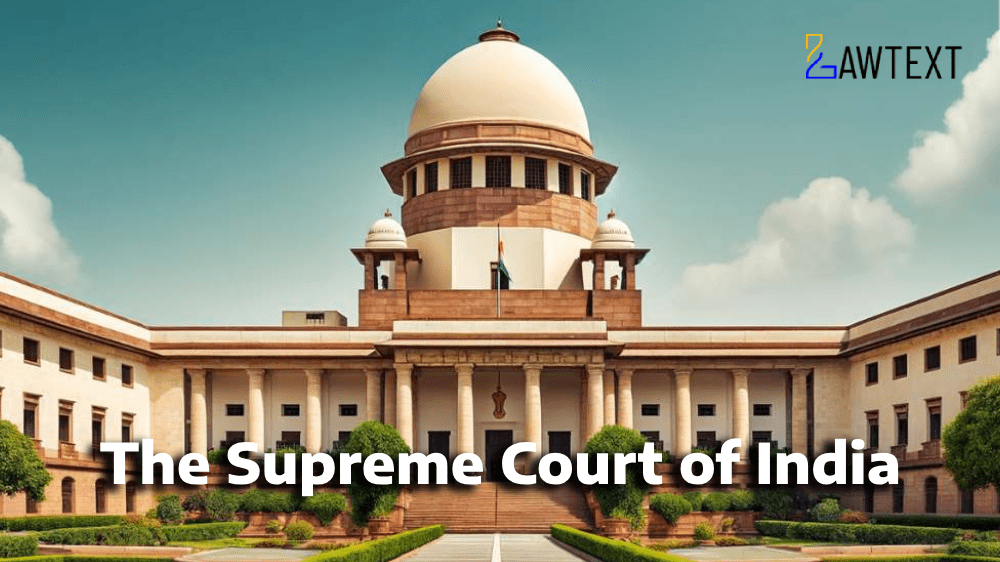

The Supreme Court distinguished the case from P. Mohan Raj, holding that the cause of action under Section 138 NI Act arose after the moratorium was imposed. Since the appellant, as a suspended director, had no control over the corporate debtor’s finances, he could not be held liable.
a) High Court’s order dated 21.12.2021 set aside.
b) Summoning order dated 07.09.2018 quashed.
c) Complaint Case No. 15580/2018 before the Chief Judicial Magistrate, Chandigarh, quashed.
Negotiable Instruments Act, 1881 – Section 138 – Dishonour of cheque and liability of drawer.
Insolvency and Bankruptcy Code, 2016 – Section 14 – Moratorium – Section 17 – Management of corporate debtor by Interim Resolution Professional.
Criminal Procedure Code, 1973 – Section 482 – Inherent powers of the High Court to quash proceedings.
Negotiable Instruments Act – Section 138 cheque dishonour – IBC moratorium – Corporate debtor liability – Director's liability – Quashing of proceedings – Cause of action – Demand notice – Insolvency proceedings – Summoning order.
a) Nature of the Litigation: Criminal appeal challenging the High Court’s refusal to quash proceedings under Section 138 of NI Act.
b) Relief Sought: The appellant sought quashing of the complaint filed against him under Section 138 of the NI Act in light of the IBC moratorium.
c) Reason for Filing: The appellant contended that once the moratorium under Section 14 of IBC was imposed, the criminal proceedings under NI Act should not have been initiated.
d) Previous Decisions: High Court dismissed the appellant’s petition under Section 482 of CrPC, declining to quash the complaint.
Appellant’s Contention:
a) The moratorium imposed on 25.07.2018 barred proceedings against the corporate debtor.
b) The cause of action under Section 138 arose after the moratorium was imposed, making the proceedings untenable.
c) Since the management was taken over by the Interim Resolution Professional (IRP), the appellant had no capacity to fulfil the payment obligation.
Respondent’s Contention:
a) Relying on P. Mohan Raj, the moratorium does not extend to natural persons like the director of a corporate debtor.
b) The complaint was rightly filed as the cheques were dishonoured before the moratorium took effect.
Citation: 2025 LawText (SC) (3) 171
Case Number: CRIMINAL APPEAL NO. OF 2025 @ SPECIAL LEAVE PETITION (CRL) NO.1104 OF 2022
Date of Decision: 2025-03-17
Case Title: VISHNOO MITTAL VERSUS M/S SHAKTI TRADING COMPANY
Before Judge: [SUDHANSHU DHULIA J. , AHSANUDDIN AMANULLAH J.]
Appellant: VISHNOO MITTAL
Respondent: M/S SHAKTI TRADING COMPANY